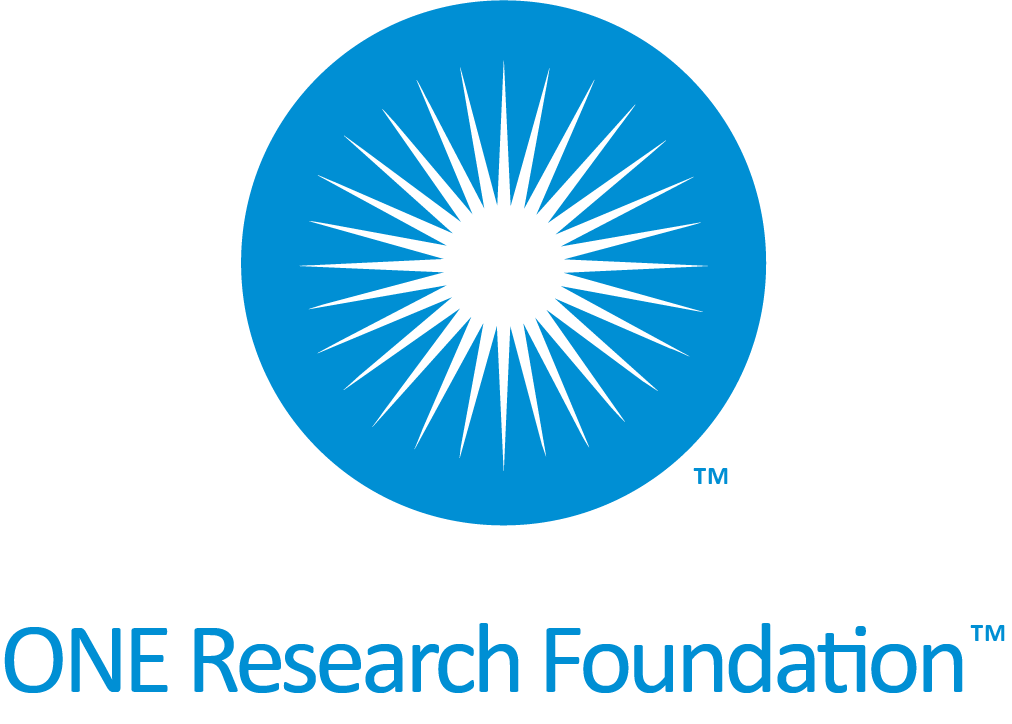Letter Attesting to the Indispensable Value of Research
/Anthony L. Rosner, Ph.D., LL.D.[Hon.], LLC
August 23, 2012
Albert Einstein once said that insanity is doing the same thing over and over again and expecting different results. Indeed, if the progress of mankind were to be attributed to a single element above all others, it would have to be the discovery process that emerges from research.
The very justification of new medical interventions that are approved by most mainstream channels—including the Food and Drug Administration—lies in evidence-based medicine. “Evidence” in medicine is defined as that which is obtained from the investigations into both the clinical outcomes from a treatment and the mechanisms that underlie the condition being managed, the process of healing, and the intervention itself. Without evidence and the research that generates it, both our losses of good health and the treatments that might be applied to alleviate these remain Delphic mysteries.
The advantages of research are far-reaching and numerous:
Without the disciplined approach which attempts to control the environment in many forms of research, there would be no hope of being able to reproduce the steps taken to produce any of the effects observed. By this reasoning, what one individual performs would never be transferrable to another, such that the gains realized by the former would most likely never be accomplished by the latter.
Without reducing what may be affected in a disease or syndrome to its basic components, we would never gain an understanding of the process or mechanism involved. Lacking this understanding would practically guarantee not being able to perform the steps leading to the development of new drugs, genetic engineering, surgical procedures, manual therapies, or a host of other treatments which have been found to be effective and saved countless lives. As one colleague once mentioned, not having performed basic research would mean, for example, that smallpox and polio which once ravaged the world would still be highly prevalent—with those suffering from polio still being treated in iron lungs.
In a more practical sense, despite the best of theoretical bases, numerous healthcare interventions which are proposed would never be recognized by agencies providing reimbursement for treatment, funding for grants, or even publication in most academic journals. Sound evidence which is produced by research is necessary to gain these forms of recognition.
Likewise, in a practical vein, research teaches individuals involved in healthcare to documentwhat is performed. In a court of law, not having such materials at hand leaves one open to litigation and substantial financial loss—to say nothing of jeopardizing the healthcare practice itself.
In my own experience, I have testified before state legislatures in Pennsylvania, Texas, and Massachusetts arguing on behalf of chiropractic healthcare, presenting the research which has been able to demonstrate that chiropractic is both effective and safe for a variety of defined conditions. This has been successful in refuting arbitrary and capricious rulings by several insurers against reimbursement, with my efforts against Blue Cross and Blue Shield in Massachusetts being successful and those against Aetna and Horizon in New Jersey pending In short, it has been research which has proved itself to have distinguished chiropractic (and countless other healthcare interventions) as a science, capable of standing up to scrutiny and being able to be successfully repeated in practice through the years. It likewise has provided the only means by which our knowledge and success of treatment can expected to grow, which indeed becomes the very basis of civilization.






